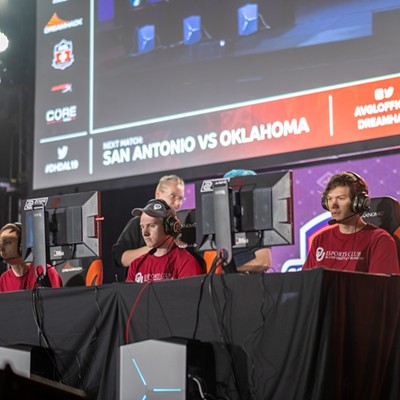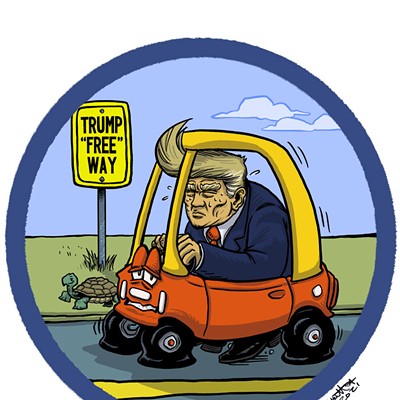The evidence is increasingly clear that Oklahoma can improve its standard of living and quality of life by investing in higher education and encouraging its residents to attend college.
In recent years, reports have shown that college graduates make more money than non-college graduates, which should be a compelling enticement for high school graduates. A new analysis, however, makes it starkly apparent.
A recent article in The New York Times pointed out that employees in 2013 with a college degree made a staggering 98 percent more per hour than those without a degree. That’s a noticeable rise from the early 1980s, when the percentage was “only” 64 percent, which is still a compelling difference. The Times drew its conclusions from the Economic Policy Institute, which analyzed U.S. Labor Department statistics.
Much has been made recently in the media about rising student loan debt, an urgent issue that poses problems for many young college graduates. It’s a problem that can be remedied by making college more affordable, lowering student loan interest rates and launching more federal programs forgiving student loans for a variety of reasons. In the end, however, it appears going to college is worth it even if it means borrowing money.This issue is especially important for Oklahoma, which has a low percentage of college graduates — only 23.2 percent among people 25 years or older — compared to the national average of 28.5 percent, according to U.S. Census Bureau figures using data from 2008 to 2012. The reasons for the low rate are myriad, from lack of academic readiness among some high school graduates to the inability to afford it, but the wage disparity shows state leaders should ramp up efforts to make college even more attractive through more financial incentives for students and increases in higher education funding to help keep tuition at reasonable rates.
But going to college does more than just guarantee a better paycheck — an increase in college graduates here could impact the state in positive ways beyond just raising salary levels.
College teaches students critical inquiry skills, for example, that can be used to make informed and evidencebased decisions in their lives. It exposes students to diverse ways of thinking that can open up new opportunities and prompt adventuresome but ultimately fulfilling life decisions. It connects them to the planet’s incredible intellectual history, from the ancient Egyptians to the ancient Greeks, Confucius, Shakespeare, Tolstoy and Einstein.
These intangibles in higher education are often debated along the lines of financial value as if knowledge is simply a commodity. But educated people enrich the culture wherever they reside through their own demand for intellectual stimulation. That applies to Oklahoma, and especially to its two major cities, Oklahoma City and Tulsa. Oklahoma City, in particular, is going through a multiyear renaissance driven by, among other factors, educated professionals or the local intelligentsia.
College is not for everyone, and there are many examples of tremendously successful people who never graduated, such as Steve Jobs, Bill Gates and Mark Zuckerberg. For many people, however, college remains the difference between an examined or unexamined life. It doesn’t hurt that it means more money as well.
Hochenauer is an English professor at the University of Central Oklahoma and author of the Okie Funk blog.
Opinions expressed on the commentary page, in letters to the editor and elsewhere in this newspaper are those of the author and do not necessarily reflect the opinions of ownership or management.
Print headline: The college investment













